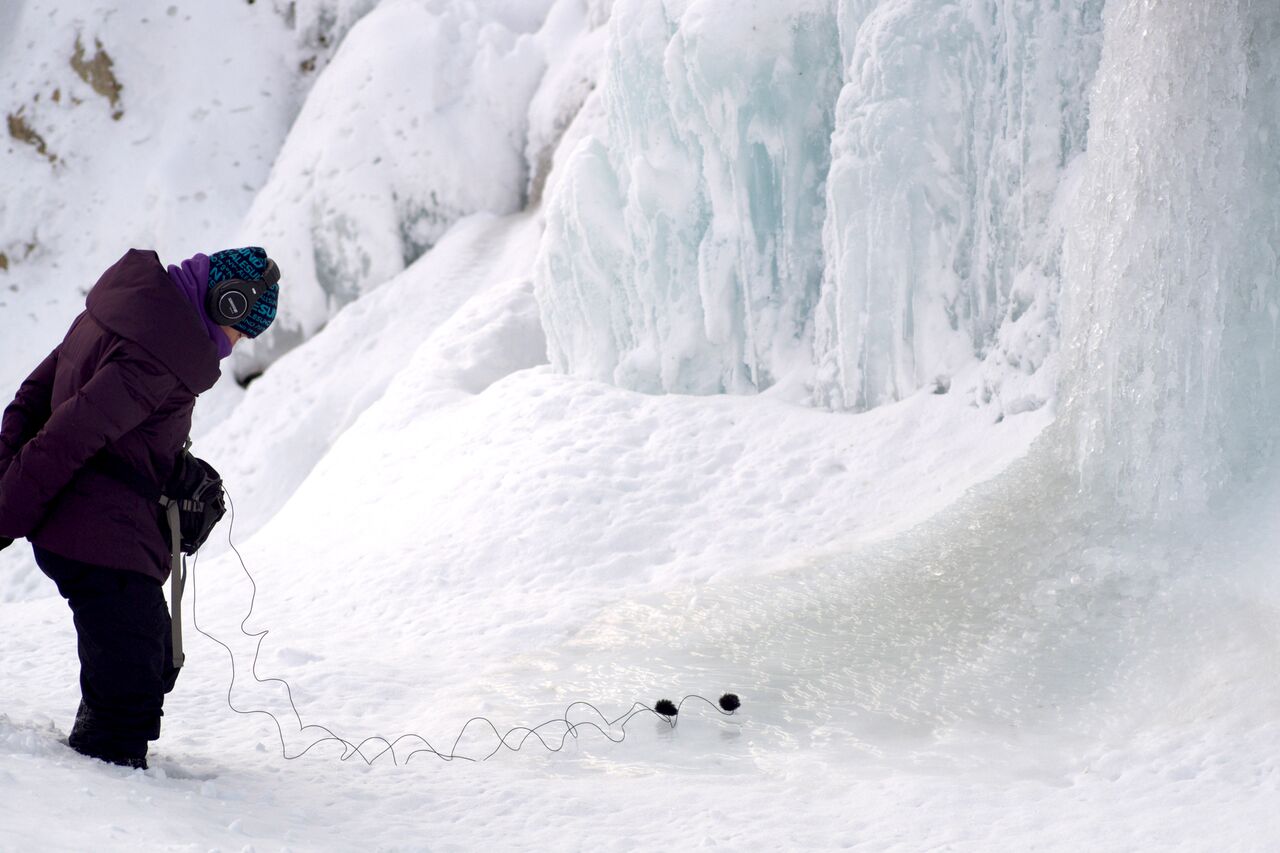Fergal Dowling on Music Current 2019
Retro Disco
Music Current Artistic Director, Fergal Dowling talks to CMC about the upcoming new music festival, which takes place in Dublin from 10–13 April 2019.
What is the main aim of Music Current?
Music Current is an annual festival of contemporary music which started in 2016 and grew out the work that Dublin Sound Lab had been doing since 2008. We had always organised our own concerts and produced our own music, as well as music by other composers. But in 2016 we wanted to distinguish between our own creative work and music of other people that we also wanted to produce. So the programming is similar in style to what Dublin Sound Lab has always been doing, but Music Current is our chance to showcase other people’s work.
How does the programming differ from other new music festivals?
The festival is called Music Current because we try to present music that is literally current. Most of the featured works are very recent. The main objective is to present music that has currency; that is current, contemporary, fluid and relevant to our time. Many of the works we present require electronic forces during performance, which is another play on the idea of ‘current’, but the use of electronic forces is not a central concern.
This year you are focusing on Irish composer Frank Corcoran with a concert of some of his electro-acoustic works. What was your motivation behind selecting these works?
We are presenting three of Frank Corcoran’s electro-acoustic works (Quasi una Missa - 1999, Tradurre Tradire - 2004, and Sweeney’s Vision - 1997) in the opening festival concert on Wednesday, 10 April at 7pm. Dating from 1997–2004, these are amongst the oldest works we have ever presented. This slightly contradicts what I said about ‘current’ music, but I think Frank’s music has an earthy timeless quality. His music doesn’t concern itself with fashions or trends, and these three electro-acoustic works aren’t overly involved with displays of electronic technique that might make the work sound or feel dated. In fact, they still sound very fresh and direct.
Historically, these are some of the most significant electronic works by any Irish composer, although they may not now be so well known to Dublin audiences. So it is important to recognise their significance. These works were originally written for radio, and by their nature are already relatively accessible – in fact they are decidedly ‘radiophonic’, and very effective in this context.
Sometimes ‘tape’ music concerts can be seen as being rather stuffy and academic, and music programmers may be a little frightened to engage with the form. This is something I wanted to challenge directly.
But above all, I greatly admire the determined Irish-centred character of Frank’s work and his willingness to engage head-on with themes of myth and language. This subject matter may be somewhat unfashionable, but it is this disregard for trends that allow the works to maintain their freshness and directness of appeal. When they are heard together in a seamless concert presentation, these works take on a very forceful coherence and logic. They unfold in a slow deep rhythm, which makes a compelling concert experience outside the normal flow of time.
You have also commissioned a new work from Karen Power, which will be premiered by the Swiss Trio, Retro Disco. Tell us about what audiences can expect from this group and concert.
Retro Disco are playing in two programmes: their own Retro Disco concert, and also the ‘Currents’ concert. Each year the closing event in the Music Current is always ‘Currents’, a concert of music selected from our annual ‘call for participation’. Retro Disco is playing these works, and there are four Irish composers in that programme (Luke Smith, David Bremner, Claire Fitch, and Seán Ó’Dálaigh). But when we first talked to Retro Disco about a separate programme – one that reflected their own work and style – we were keen to include an Irish element in that too. Retro Disco had known some of Karen Power’s music before we planned this concert. Karen’s music often extends beyond the use of sound alone; she is interested in engaging with spaces and the world in a physical way. Similarly, Retro Disco want their performances to be ‘experienced’, to emerge into the listening environment and to assume a physical form in the performance space. So there was a clear affinity between Karen and Retro Disco.
Karen Power
Another focus of the festival is a discussion on Artificial Intelligence (AI) and its influence on music composition. Do you think this is as important an issue for music as some commentators are claiming it to be?
Each year Music Current has a public panel discussion on developments in music technology and their impact on audiences. The discussion is hosted by the CMC and takes place in the CMC Library, this year on Friday, 12 April at 6pm.
The discussion, titled ‘Whose Music?’, will focus on AI in music composition and how it might impact on listeners. As musicians we are accustomed to considering composers and performers as being in control of musical innovation. But we may be at the end of that era now. The big change that AI will bring may not relate to machines coming to control musical creativity, but relate to corporations coming to dominate composition. AI already mediates how we access music through search engines and other interfaces (such as Alexa, Siri and others). When audiences are listening in the future, they might ask themselves such questions as: who wrote this music? did I really discover this music myself? how does this music relate to my culture or identity? Composers may be right to be concerned about issues of copyright. But ownership, or a sense of ownership, is not confined to music creators; it also resides with music listeners. This is what we want to explore at this year’s panel discussion.
See musiccurrent.ie for more details


